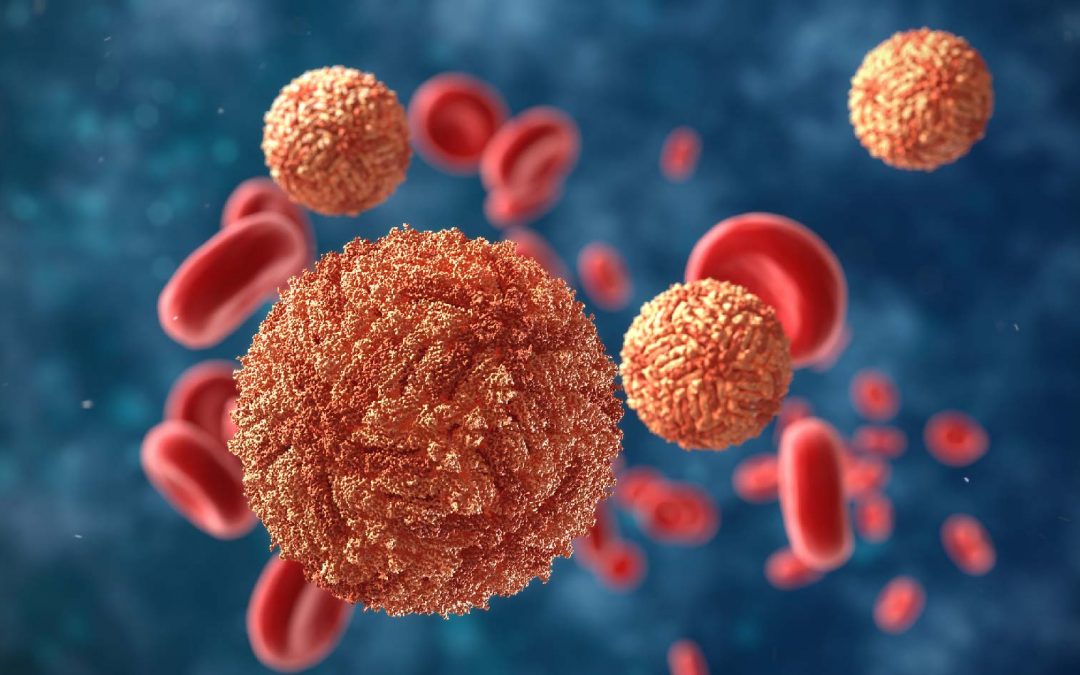The arrival of the rainy season in November 2023 poses a fresh threat to the residents of Jakarta in the form of the dengue virus. Earlier this year, there have already been 2,745 reported cases of dengue fever virus, and this figure is anticipated to continue its upward trajectory through December 2023.
The escalating urbanization of Jakarta and inadequate environmental management are the primary drivers behind the surge in dengue fever cases. In a bid to mitigate this alarming rise, the Jakarta Health Service is actively devising several strategies, including the implementation of fogging in densely populated areas.
The dengue fever virus demands serious attention, as an incorrect approach to treatment can place individuals at a heightened risk of fatality.
Jakarta’s Government Use Wolbachia Methods to Prevent Increasing Numbers of Dengue Virus
The Jakarta Health Service is currently adopting the Wolbachia method as a measure to combat the dengue fever virus. According to Erizon Safari, the Head of the West Jakarta Health Service (Sudinkes), a trial of the Wolbachia method is on the horizon, pending the finalization of a memorandum of agreement between the Indonesian Ministry of Health and the Jakarta Government.
Wolbachia, a bacterium known for its effectiveness in rendering the dengue fever virus inert within the Aedes aegypti mosquito’s body, has already undergone successful testing in various cities, including Yogyakarta.
The Symptoms of Dengue Virus

Dengue virus infection presents with various symptoms and phases, which include:
Febrile Phase
During the febrile phase, individuals experience a high fever, typically within the range of 39-40°C, lasting for a duration of 2-7 days. This phase is characterized by symptoms such as muscle pain, headache, flushed complexion, nausea, reduced appetite, bone pain, abdominal discomfort, and the appearance of small red rashes across the body.
Critical Phase
The critical phase follows the febrile phase if an individual’s condition does not improve. This stage is of paramount importance and requires close monitoring by medical professionals. It can be deceptive, as individuals may feel they are on the road to recovery due to the normalization of body temperature (below 38°C).
However, in reality, during this phase, the body experiences the leakage of blood plasma, which typically occurs over a period of 3-7 days. Other indicators that someone has entered the critical phase include breathing difficulties, increased susceptibility to bruising, nosebleeds, the presence of tarry stools, and severe abdominal pain.
Recovery
The recovery phase typically occurs approximately 2-5 days after the critical phase. During this period, it’s essential for the patient to focus on meeting their body’s fluid requirements. Additionally, signs of successful recovery include an improved appetite, increased urine output, and the return of normal blood pressure and pulse rate.
Tips to Avoid Dengue Virus at Home and Keep Everyone Safe

Numerous strategies can be employed to prevent the transmission of the dengue fever virus. Here are some home-based tips to consider:
- Maintain a clean environment by eliminating stagnant water, damp spots, and mosquito breeding sites, including areas like plant pots, water storage containers, and flower vases.
- Regularly wash the clothes you’ve worn once you return home.
- Apply mosquito repellent spray consistently.
Interested in this topic? Check out our other articles from Social Expat!

































